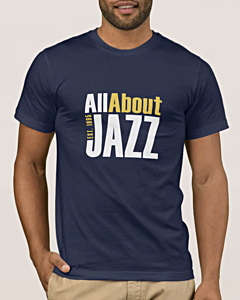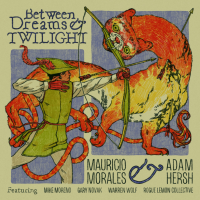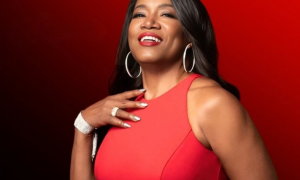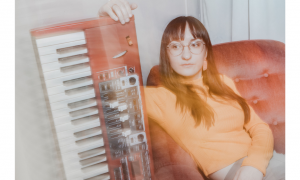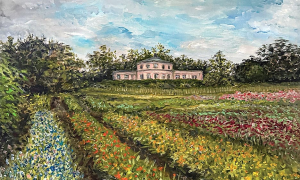Seventy-five years ago, Duke Ellington and his orchestra's first tour of England transformed how Ellington, American music and African American music were viewed on both sides of the Atlantic. It changed how Ellington viewed his own artistry, encouraging him to experiment further beyond the danceable sounds audiences typically expected of black artists in the jazz world. And in the US, Ellington's 1933 British tour significantly pushed forward the idea of Americans finally accepting their own music as a serious art form.
The band were shocked by their reception. British audiences bestowed the kind of respect usually only accorded classical artists, five- to 10-minute ovations before the band played a note. Over a quarter of a century later, Ellington still seemed amazed by the reaction to the band's opening number at their first show. He remembered that the band were initially uncertain of how British audiences felt, “because their idea of applause was hand-clapping, foot-stomping, whistling, cheering, and booing – everything but the Bronx cheer. And if you have never experienced it, let me tell you that this can be very confusing. After it was all over, we realised it was applause. It was too late because everybody on stage was terrified."
British fans peppered the Ellington orchestra with technical and artistic questions that they had almost never received before. Cootie Williams, the band's long-serving trumpeter, laughed when recalling: “everybody knew you... they knew you better than the people did in America. And they would invite you to their home, and they had all your records." In an interview during the tour, Ellington remarked: “It has been positively embarrassing at times to be asked the most analytical questions about work I have nearly forgotten by now." Fans “clung to [Ellington's] limo as he drove away from the venue" in a precursor to Beatlemania. The BBC paid the Ellington orchestra the highest fee they had yet paid a band for a broadcast, and, according to a news account, “when BBC officials found that Ellington was using 'Mood Indigo' only as a closeout fading signature, they extended the [programme] five minutes, cutting into the next programme to permit him to play the number in its entirety."
The band were shocked by their reception. British audiences bestowed the kind of respect usually only accorded classical artists, five- to 10-minute ovations before the band played a note. Over a quarter of a century later, Ellington still seemed amazed by the reaction to the band's opening number at their first show. He remembered that the band were initially uncertain of how British audiences felt, “because their idea of applause was hand-clapping, foot-stomping, whistling, cheering, and booing – everything but the Bronx cheer. And if you have never experienced it, let me tell you that this can be very confusing. After it was all over, we realised it was applause. It was too late because everybody on stage was terrified."
British fans peppered the Ellington orchestra with technical and artistic questions that they had almost never received before. Cootie Williams, the band's long-serving trumpeter, laughed when recalling: “everybody knew you... they knew you better than the people did in America. And they would invite you to their home, and they had all your records." In an interview during the tour, Ellington remarked: “It has been positively embarrassing at times to be asked the most analytical questions about work I have nearly forgotten by now." Fans “clung to [Ellington's] limo as he drove away from the venue" in a precursor to Beatlemania. The BBC paid the Ellington orchestra the highest fee they had yet paid a band for a broadcast, and, according to a news account, “when BBC officials found that Ellington was using 'Mood Indigo' only as a closeout fading signature, they extended the [programme] five minutes, cutting into the next programme to permit him to play the number in its entirety."
For more information contact All About Jazz.






